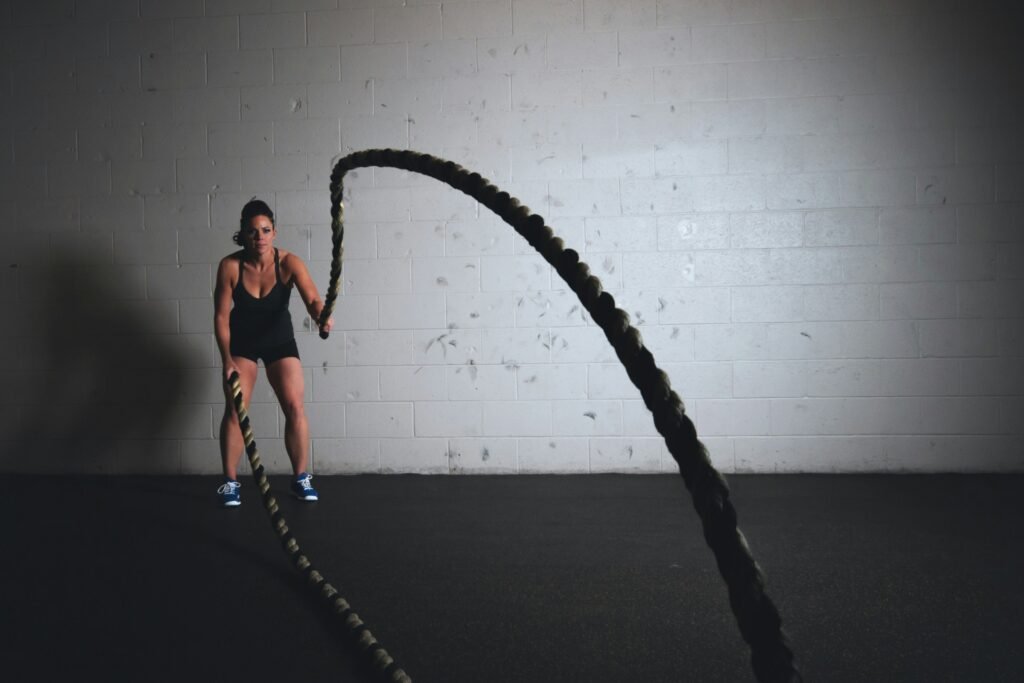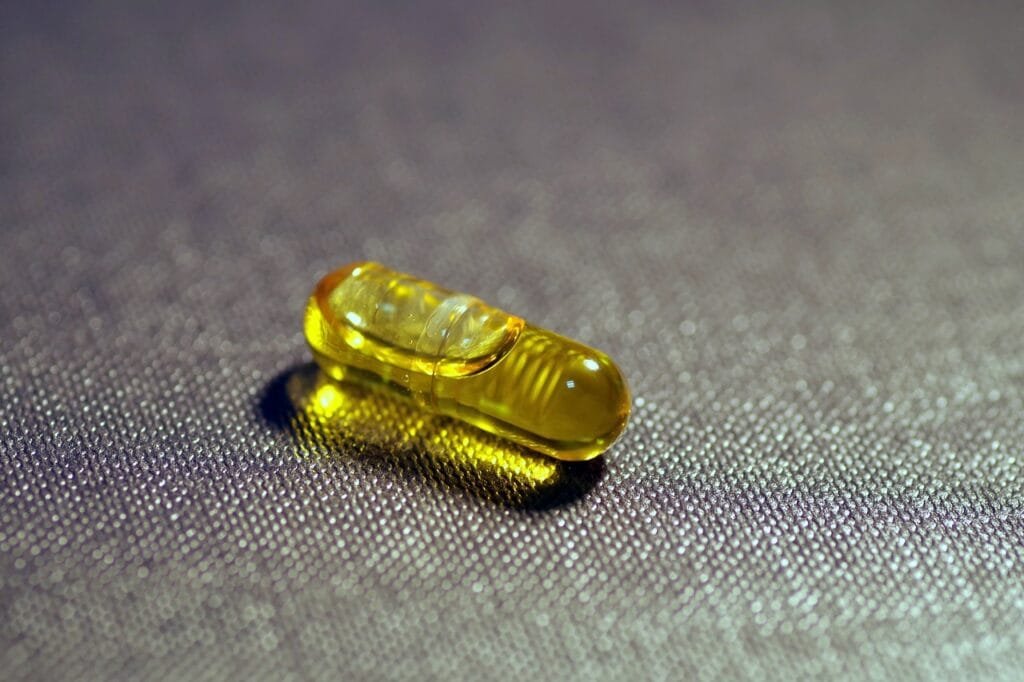Pre-Workout Meals
Pre-workout nutrition is a crucial factor in optimizing exercise performance, endurance, and recovery. The food choices you make before a workout can determine your energy levels, muscle strength, and overall effectiveness during physical activity. Eating the right nutrients at the right time ensures your body has the necessary fuel to perform at its best while preventing fatigue and muscle breakdown. Engaging in physical activity demands adequate energy and the right nutrients.
What to Eat Before a Workout
A well-balanced pre-workout meal should include a combination of carbohydrates, proteins, and healthy fats. Each macronutrient plays a specific role in fueling and preparing your body for exercise:
1. Carbohydrates – The Primary Energy Source
Carbohydrates are the body’s main fuel source for workouts, particularly high-intensity or endurance activities. Consuming carbohydrates before a workout ensures that your muscles have sufficient glycogen stores to power through exercise. Some excellent pre-workout carbohydrate sources include:
- Whole grains (brown rice, quinoa, whole wheat toast)
- Fruits (bananas, apples, berries, oranges)
- Oats or oatmeal
- Sweet potatoes
- Greek yogurt with honey
2. Protein – Supporting Muscle Performance
Including protein in your pre-workout meal enhances muscle protein synthesis, aids in recovery, and reduces muscle breakdown during exercise. Combining protein with carbohydrates improves overall workout performance. Good sources of pre-workout protein include:
- Lean meats (chicken breast, turkey, fish)
- Eggs or egg whites
- Low-fat dairy (Greek yogurt, cottage cheese, milk)
- Plant-based proteins (tofu, legumes, chickpeas)
- Protein shakes (whey, casein, or plant-based proteins)
3. Healthy Fats – For Sustained Energy
Fats provide a steady source of energy, particularly for lower-intensity workouts. However, consuming too much fat before exercising may slow digestion, potentially causing discomfort during workouts. Healthy fat sources to consider include:
- Avocados
- Nuts and seeds (almonds, walnuts, flaxseeds, chia seeds)
- Nut butters (peanut butter, almond butter)
- Olive oil or coconut oil (used in small amounts)
How Long Before a Workout Should You Eat?
Timing your pre-workout meal properly can enhance performance and prevent gastrointestinal discomfort. The timing depends on the size and composition of the meal:
1. Full Meal (2–3 Hours Before a Workout)
- A well-balanced meal containing all macronutrients should be eaten at least 2–3 hours before exercising.
- Example meal: Grilled chicken with quinoa and roasted vegetables.
- Benefit: Provides sustained energy and adequate nutrient absorption before the workout.
2. Small Meal or Snack (30–60 Minutes Before a Workout)
- If you’re eating closer to your workout time, opt for a light, easily digestible snack rich in carbs and protein.
- Example snack: Banana with peanut butter or Greek yogurt with berries.
- Benefit: Offers a quick energy boost without causing discomfort.
3. Quick Energy Boost (15–30 Minutes Before a Workout)
- If you’re in a rush, a small, fast-digesting carbohydrate snack can provide immediate energy.
- Example snack: A piece of fruit (banana, apple) or a small protein shake.
- Benefit: Prevents low energy levels during workouts while avoiding sluggishness.
Hydration – A Key Factor in Pre-Workout Nutrition
Staying hydrated before a workout is just as important as consuming the right foods. Dehydration can negatively impact performance, cause dizziness, and reduce endurance.
- Aim to drink at least 16–20 ounces of water 2–3 hours before a workout.
- Drink an additional 8–10 ounces about 30 minutes before exercising.
- Consider electrolyte-rich drinks if engaging in prolonged or high-intensity workouts.
Know more about streptococcus thermophilus probiotic
Pre-workout nutrition – Final Thoughts
Pre-workout nutrition plays a fundamental role in optimizing energy levels, endurance, and muscle performance. The key is to consume a balanced meal containing carbohydrates, proteins, and healthy fats at the right time before your workout. Whether you’re eating a full meal a few hours before exercising or grabbing a quick snack 30 minutes prior, making smart nutritional choices will help you perform at your best and recover efficiently. Remember, hydration is just as crucial, so ensure you drink plenty of water before starting your workout. With the right fuel and timing, you’ll set yourself up for a more effective and enjoyable exercise session.

Optimizing Post-Workout Nutrition: What and When to Eat for Recovery and Performance
The Best Pre- and Post-Workout Meals for Maximum Performance
Post-Workout Meals
After an intense workout, your body needs proper nutrition to recover, rebuild muscle, and restore energy levels. The right post-workout meal can maximize muscle recovery, replenish glycogen stores, and reduce muscle soreness. Understanding what to eat and when to eat it can significantly enhance your fitness progress and overall performance. This article will explore the best foods to consume after exercise and the optimal timing for post-workout nutrition.
Why Post-Workout Nutrition Matters
During exercise, your body depletes glycogen (stored carbohydrates) for energy and creates tiny tears in muscle fibers. The goal of post-workout nutrition is to:
- Replenish glycogen stores for future workouts.
- Repair and build muscle tissue.
- Reduce muscle soreness and enhance recovery.
- Restore lost electrolytes and fluids.
By consuming the right nutrients after a workout, you ensure that your body can effectively recover and perform at its best in subsequent training sessions.
What to Eat After a Workout
A well-balanced post-workout meal should include carbohydrates, proteins, and healthy fats to aid recovery. Each macronutrient plays a unique role in replenishing and repairing the body:
1. Carbohydrates – Replenishing Glycogen Stores
Carbohydrates help restore glycogen levels, which get depleted during exercise. The amount needed depends on the intensity and duration of the workout. Some excellent post-workout carbohydrate sources include:
- Whole grains (quinoa, brown rice, whole wheat bread)
- Fruits (bananas, berries, apples, oranges)
- Sweet potatoes
- Oatmeal
- Greek yogurt with honey
2. Protein – Supporting Muscle Repair and Growth
Protein is essential after exercise to promote muscle recovery and stimulate muscle protein synthesis. Combining protein with carbohydrates enhances glycogen replenishment and muscle repair. Good sources of post-workout protein include:
- Lean meats (chicken, turkey, fish)
- Eggs
- Dairy products (Greek yogurt, cottage cheese, milk)
- Plant-based proteins (tofu, lentils, chickpeas)
- Protein shakes (whey, casein, or plant-based proteins)
Do you know about Lactobacillus acidophilus
3. Healthy Fats – Reducing Inflammation
While fats are not the primary focus of post-workout meals, including some healthy fats can help reduce inflammation and support overall recovery. Good sources include:
- Avocados
- Nuts and seeds (almonds, walnuts, flaxseeds, chia seeds)
- Nut butters (peanut butter, almond butter)
- Olive oil or coconut oil (in moderation)
How Long After a Workout Should You Eat?
Timing your post-workout meal properly can optimize recovery and enhance performance. After a rigorous workout session, the body craves nutrients for recovery. Post-workout meals should ideally consist of a blend of protein and carbohydrates, providing the necessary components to repair muscle tissue and restore glycogen levels. The timing depends on the intensity and type of workout:
1. Immediate Post-Workout (Within 30 Minutes)
- Consuming a fast-digesting protein and carbohydrate snack within 30 minutes after exercise maximizes glycogen replenishment and muscle recovery.
- Example snack: A protein shake with a banana or Greek yogurt with honey.
- Benefit: Jumpstarts the muscle repair process and prevents muscle breakdown.
2. Full Meal (1–2 Hours After Workout)
- Eating a complete meal within 1–2 hours post-exercise ensures long-term recovery and muscle growth.
- Example meal: Grilled salmon with quinoa and steamed vegetables.
- Benefit: Sustained energy replenishment and muscle rebuilding.
3. Continuous Recovery (Throughout the Day)
- Consuming balanced meals and snacks throughout the day ensures a steady supply of nutrients for recovery.
- Example: A combination of protein, carbs, and healthy fats in every meal.
- Benefit: Maintains muscle growth, prevents fatigue, and supports overall fitness goals.
Hydration – Replenishing Fluids and Electrolytes
Hydration is a crucial component of post-workout recovery. Sweating leads to the loss of fluids and electrolytes, which must be replenished to maintain performance and prevent dehydration.
- Drink at least 16–24 ounces of water after a workout.
- Consider electrolyte-rich drinks if engaging in prolonged or high-intensity exercise.
- Include hydrating foods such as watermelon, cucumbers, and oranges.
Post-workout nutrition – Final Thoughts
Post-workout nutrition plays a key role in optimizing muscle recovery, replenishing glycogen, and reducing fatigue. The best approach is to consume a combination of carbohydrates, proteins, and healthy fats at the right time. Whether you opt for a quick snack immediately after your workout or a full meal within two hours, ensuring proper nutrition will help you achieve your fitness goals. Hydration is equally essential, so always remember to drink enough water post-exercise. By fueling your body correctly after workouts, you set yourself up for faster recovery, improved performance, and long-term fitness success.
For more articles in Fitness click here.
See the YouTube reel below.




